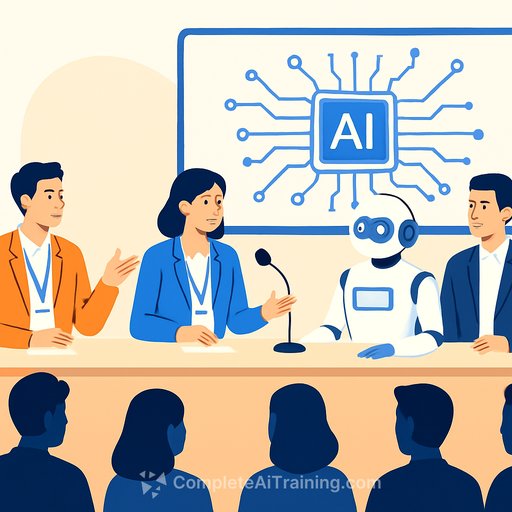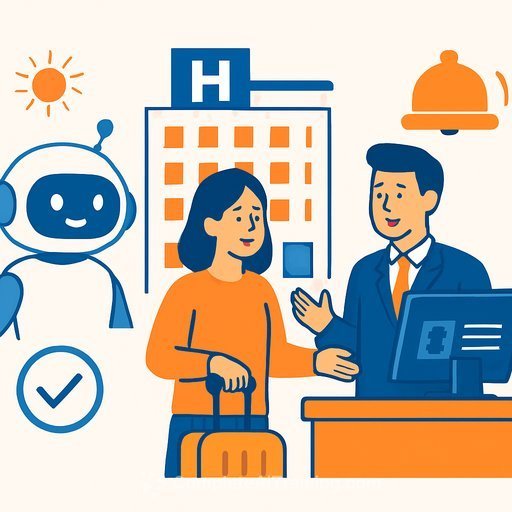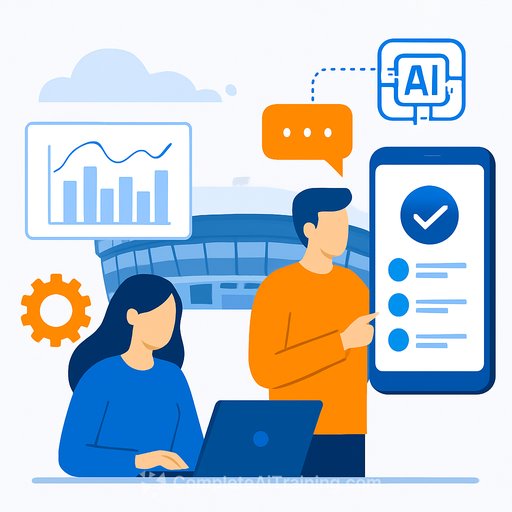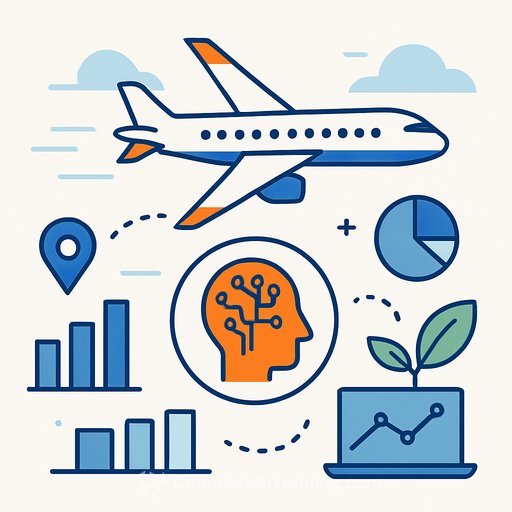Future Hoteliers Summit: AI moves from cool gadgets to real hotel operations
Service robots are now common in kitchens, corridors, and housekeeping carts. They cut response times and reduce repetitive work. The question hanging over every lobby: will AI take jobs, or help teams do their best work?
That tension framed the 13th Future Hoteliers Summit (FHS) in Beijing on Oct 23, 2025. The theme - "Empowered by AI, Inspired by Love" - set a clear goal: use technology to serve people better, not replace them.
Student-led, industry-backed
Hosted by Beijing Hospitality Institute with guidance from the China Tourism Education Association and the Human Resources Branch of the China Tourist Hotel Association, FHS kept its tradition as a fully student-run event.
Hong Yu, a third-year BHI student and executive of the 2025 summit, underlined the scale and intent: "Over the past six months, 43 core members have worked closely to bring this event to life. FHS has gathered over 3,000 participants from more than 300 universities worldwide, making it a bridge connecting future hoteliers and industry leaders."
What industry voices agreed on
- AI is moving beyond point tools into intelligent management systems powered by large language models.
- Robots handle cooking, delivery, and room cleaning more reliably, while staff focus on service, upsell, and recovery moments.
- Efficiency wins are real: faster responses, fewer errors, tighter labor scheduling, and consistent brand standards.
- The goal isn't fewer people. It's smarter workflows and better guest moments where humans matter most.
Where AI fits today in hotel ops
- Front desk and concierge: instant FAQs, upgrade recommendations, and multilingual support.
- Housekeeping: dynamic task assignment, predictive inventory, and quality checks with photo logs.
- F&B: kitchen prep sequencing, delivery robots, and demand forecasting for waste reduction.
- Revenue and marketing: smarter segmentation, rate suggestions, and content generation with brand guardrails.
90-day action plan for GMs and ops leaders
- Pick one high-friction flow to improve (e.g., late-night inquiries, lost-item handling, or room status updates).
- Run a 4-6 week pilot with a clear KPI: response time, staff hours saved, or guest CSAT lift.
- Set guardrails: data access rules, human-in-the-loop checks, and fallback procedures if systems fail.
- Train one champion per department; keep playbooks short and visible at the point of use.
- Close the loop weekly: review metrics, guest feedback, and staff friction. Iterate fast.
People first: roles that get stronger with AI
- Guest experience leads who turn data into small, meaningful touches.
- Supervisors who coach teams to use AI as an assistant, not a crutch.
- Analytically minded managers who spot patterns and test improvements.
Risks to manage early
- Quality drift: incorrect answers or brand tone slips - keep human review on sensitive interactions.
- Data exposure: protect guest data and access logs; limit integrations to what you truly need.
- Operational dependency: have manual fallbacks for check-in, room assignment, and payment.
- Workforce anxiety: be transparent about goals, reskilling plans, and new paths for growth.
Why this summit matters
FHS shows the next wave of hoteliers are ready to blend systems thinking with genuine care. Students aren't waiting for permission - they're building, testing, and learning with the industry at the table.
That energy is what the field needs: practical pilots, measurable gains, and a clear promise to guests - technology makes service smoother, people make it memorable.
Keep learning
- Explore AI courses by job role to upskill frontline teams and managers.
AI won't replace hospitality. It will reward operators who turn it into better service, simpler workflows, and teams that love what they do.
Your membership also unlocks:






